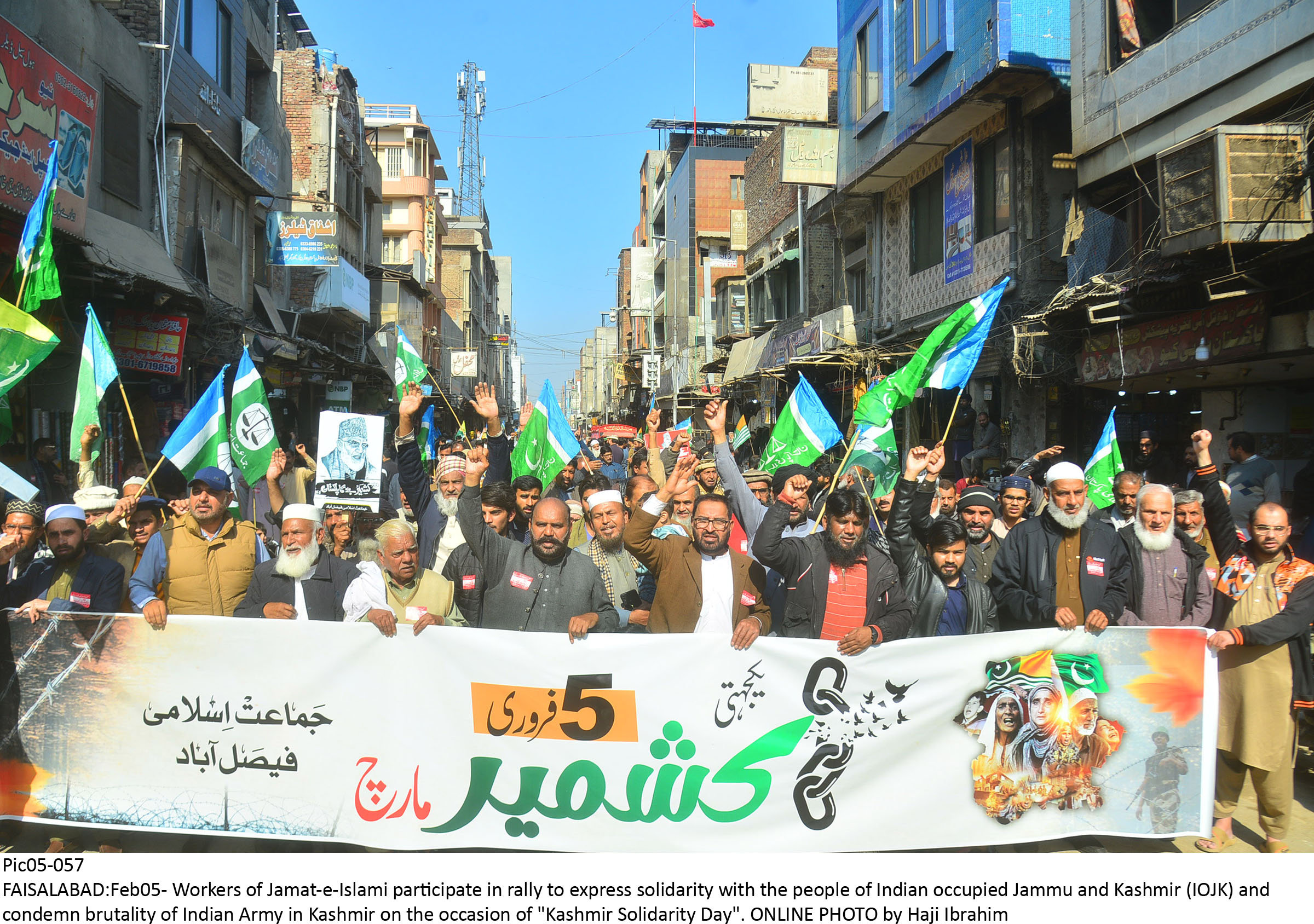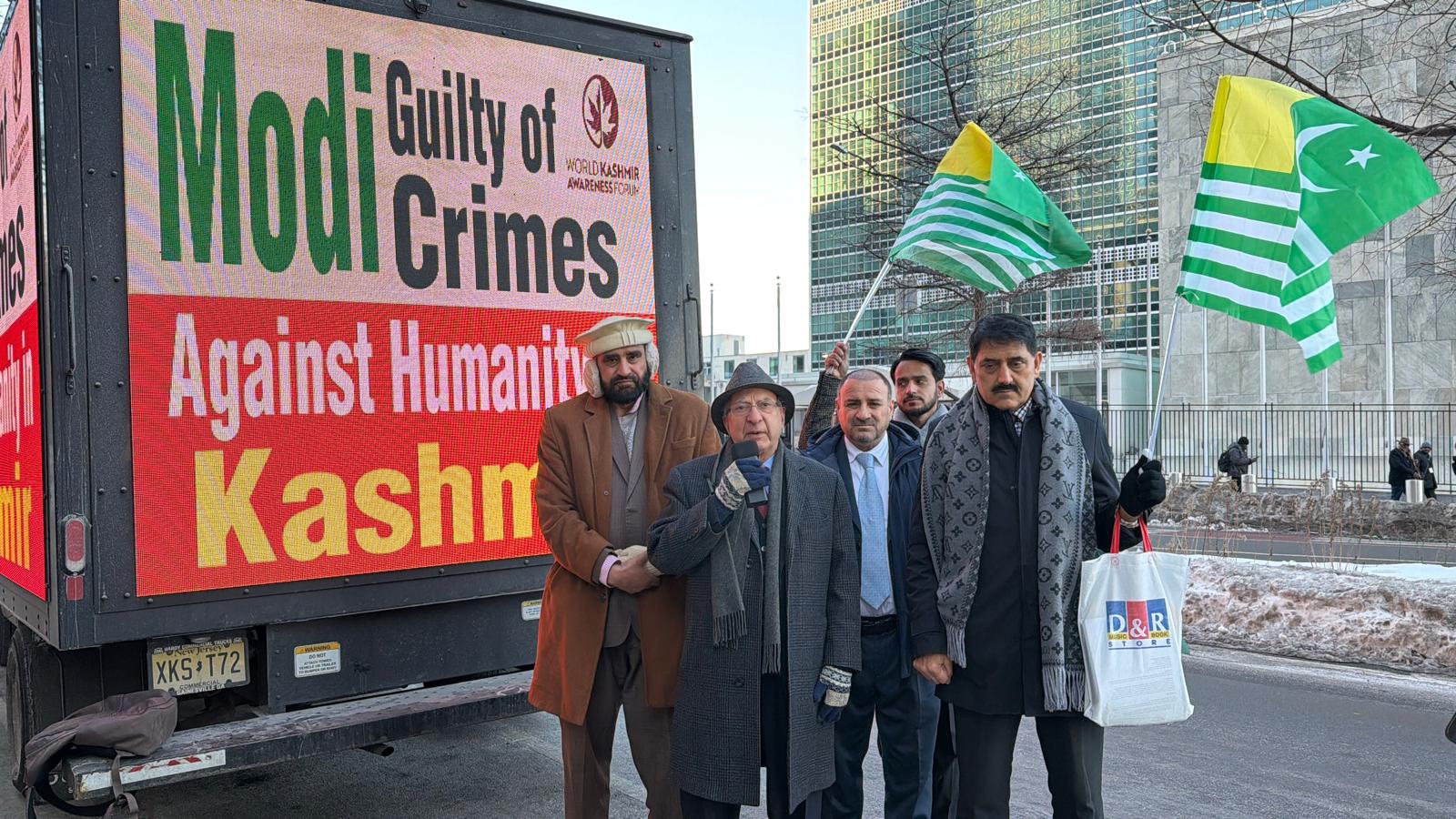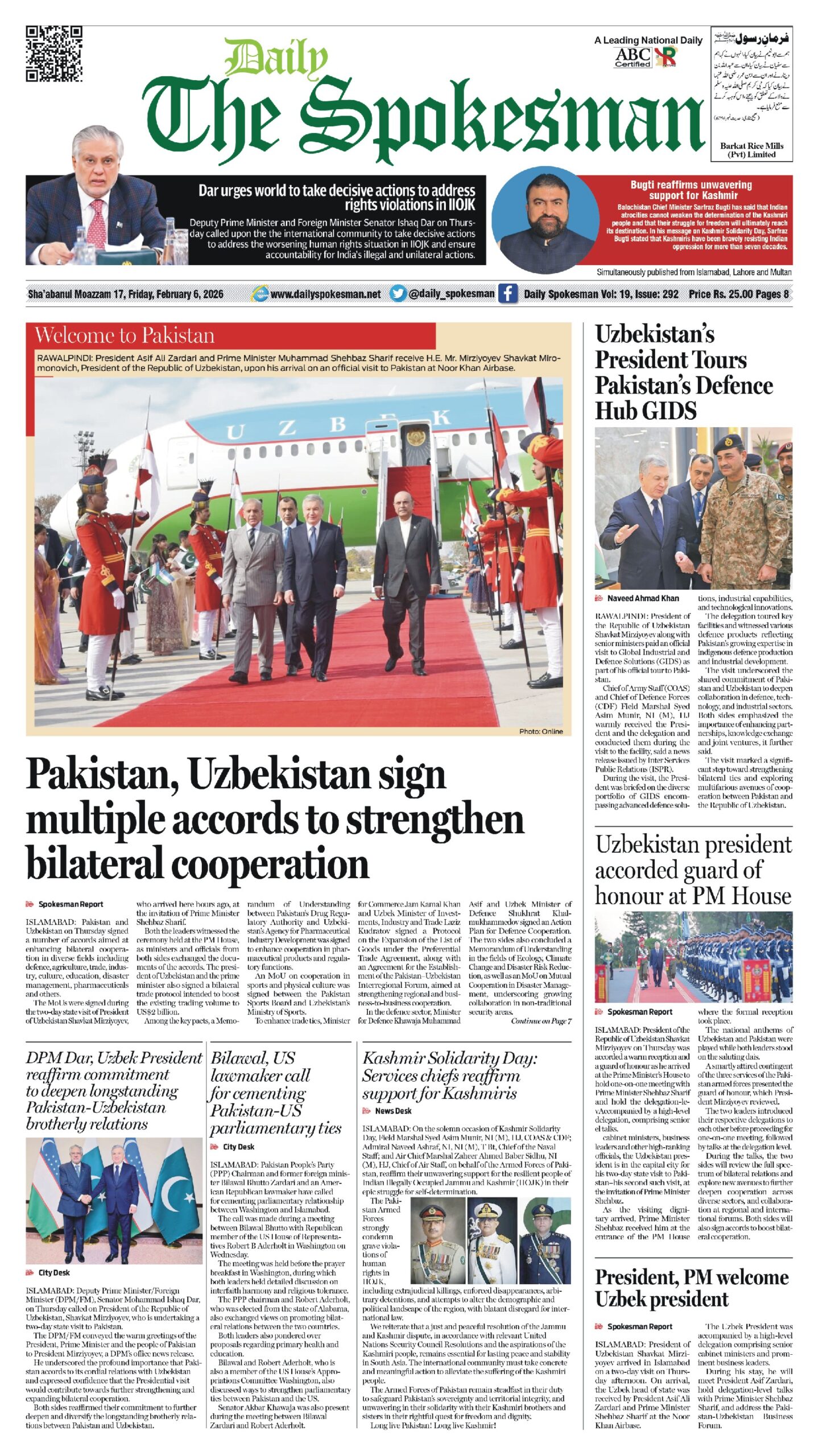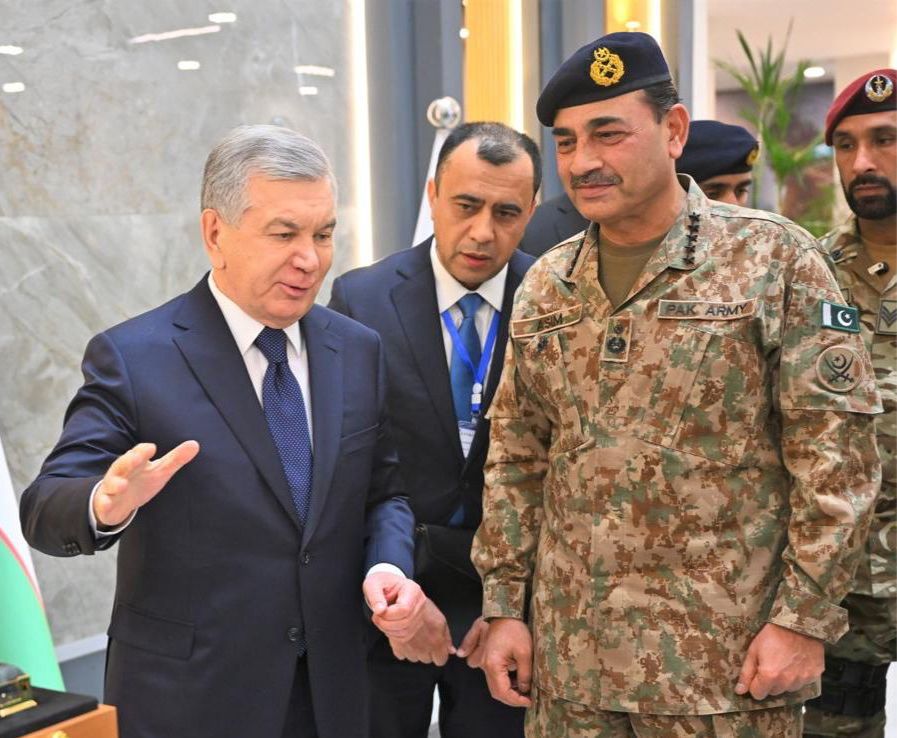
Abdul Basit Alvi
The backlog of cases in Pakistan’s civil judicial system has become a serious concern, with a staggering 121% increase in pending cases from 2022 to 2023. Between 2020 and 2023, 6,550 individuals were charged with terrorism-related offenses, but only 11% (774) were convicted, with just 1.5% (104) of those convictions upheld. The Anti-Terrorism Act was designed to ease the burden on courts by allowing each anti-terrorism court to handle one case at a time. However, amendments made in 1999 have resulted in a heavier workload. Currently, there are 91 anti-terrorism courts in Pakistan, distributed as follows: 23 in Punjab, 13 in Khyber Pakhtunkhwa, 32 in Sindh, 9 in Balochistan, 10 in Azad Jammu and Kashmir, 2 in Gilgit-Baltistan, and 2 in Islamabad. A 2023 review by NACTA reveals that a large number of terrorism cases remain unresolved, with Balochistan having the highest proportion of pending cases at 34%, followed by Khyber Pakhtunkhwa at 32%, Sindh at 19%, Punjab at 8%, and Gilgit-Baltistan at 7%. Nationwide, 605 cases are still pending, with 48 in Punjab, 115 in Sindh, 195 in Khyber Pakhtunkhwa, 208 in Balochistan, and 39 in Gilgit-Baltistan. From 2020 to 2023, there were 217 convictions in terrorism-related cases, broken down as follows: 152 in Punjab, 33 in Sindh, 14 in Khyber Pakhtunkhwa, 10 in Balochistan, 6 in Gilgit-Baltistan, and 2 in Azad Jammu and Kashmir. In contrast, 278 individuals were acquitted due to insufficient evidence. Over the same period, 1,650 cases remained pending, with charges filed against 6,550 individuals, resulting in 774 convictions and 911 cancellations. A total of 465 terrorists appealed their acquittals, leading to 104 convictions and 90 acquittals. The delays in anti-terrorism court trials have benefited many terrorists as their cases remain unresolved. For severe penalties like the death sentence, strong evidence is essential, but many cases have been dismissed due to lack of sufficient proof. The situation highlights the need for military courts under the National Action Plan, as the current judicial system struggles to effectively prosecute terrorists. Had the judiciary been strong and efficient, there would have been visible justice for past arrests, but instead, the public often complains about the release of terrorists and target killers. A key weakness in the Pakistani justice system is the prolonged legal proceedings, which can span years or even decades, creating a backlog that hinders timely justice. This not only affects those involved but also erodes public trust in the legal system. Corruption further exacerbates the issue, with reports of bribery and undue influence fostering perceptions of bias. The lack of strict accountability mechanisms allows these practices to persist, undermining the principles of fairness and justice. Many citizens face obstacles to accessing justice due to financial constraints, worsened by inadequate legal aid services, leaving them without proper representation. This situation disproportionately benefits those with financial resources, reinforcing social and economic inequalities. Moreover, the inconsistent application of the law raises concerns about fairness, as influential individuals often receive preferential treatment while marginalized groups face greater risk of injustice, further undermining public confidence in the system’s impartiality. A fair and impartial judiciary is vital for any democratic society, ensuring justice is administered equitably and without favoritism. However, Pakistan’s judicial system continues to face significant challenges, with corruption serving as a major obstacle to the core values of justice, accountability, and the rule of law. One of the most visible forms of corruption in the judiciary is bribery, with reports of judges accepting bribes to influence case outcomes. This erodes the integrity of the judicial process, allowing individuals with financial resources or political influence to improperly sway judicial decisions, which in turn weakens public trust in the system’s fairness. Corruption within the judiciary is also evident in the uneven application of the law. Cases involving powerful figures or those with political connections often receive special treatment, while others may face delays or result in unjust outcomes. This selective enforcement not only undermines the principle of equality before the law but also nurtures a culture of impunity. Furthermore, the intentional delays in legal proceedings through tactics and procedural abuses represent another form of corruption within the judicial system. By exploiting legal loopholes, some individuals prolong cases unnecessarily, obstructing the timely justice that citizens deserve. Political interference in the judiciary remains a significant concern in Pakistan, with politicians exerting pressure on judges and influencing judicial processes, potentially compromising judicial independence. The fear of political repercussions or the allure of patronage can sway judicial decisions, fostering an environment where justice is susceptible to external influence. According to Transparency International Pakistan’s Corruption Perceptions Survey 2023, the judiciary ranks among the top three most corrupt institutions in the country. The widespread corruption, particularly within the lower judiciary and police systems—both vital pillars of any functioning society—presents a severe threat to the community’s well-being. Unfortunately, Pakistan’s civilian judicial system has struggled to deliver timely and transparent justice. A major issue is the protracted resolution of legal cases, some of which can remain unresolved for generations. The courts are burdened with an overwhelming caseload, with both the superior and lower judiciaries grappling with a backlog of 2.144 million cases. In 2021 alone, 4.102 million cases were resolved, while 4.06 million new cases were filed, resulting in a pending caseload of 2.16 million at the start of the following year. According to statistics from the Supreme Court, Federal Shariat Court, and five high courts, 229,822 cases were disposed of in 2020, while 241,250 new cases were initiated, leaving a pending total of 389,549 cases by the year’s end, up slightly from 378,216 the previous year. Similarly, the district judiciary began the year with 1,783,826 pending cases. Throughout the year, 3,872,686 cases were resolved, and 3,822,881 new cases were filed, resulting in a total pending caseload of 1,754,947 by the end of 2021. To address this, the 21st Constitutional Amendment, effective from January 6, 2015, established military courts to expedite trials for certain offenses. Since their formation, military courts have handled approximately 717 cases, successfully concluding 546 of them. Notably, military courts imposed death sentences on 310 terrorists and sentences of rigorous imprisonment on 234 others, underscoring their pivotal role in delivering swift justice. These courts specialize in addressing anti-state elements and threats to national security. In response to the attacks on May 9, when militants targeted civil and military installations, the government invoked the Military Act and established military courts. Importantly, decisions made by military courts can be appealed in higher civilian courts, addressing concerns about potential human rights violations. However, the PTI leadership has made significant efforts to avoid military courts, despite their actions on May 9 and November 24-26, which were as severe as acts of terrorism. Imran Khan and his party have sought to pressure the government through failed violent protests and anti-Pakistan and anti-Army propaganda. Imran Khan and his party have undermined the peace and stability of the country, and the public is weary of their politics, which revolve around personal interests. Groups involved in riots and anarchy, including PTI and TTP, celebrated the stay order on military courts, aiming to continue their harmful attempts to target and weaken Pakistan and its institutions.
The people of Pakistan have expressed great satisfaction with the Supreme Court’s recent decision allowing military courts to handle civilian trials. This ruling has been widely welcomed, as many Pakistanis view military courts as an efficient and just means of holding terrorists and anarchists accountable. The public places strong trust in the military courts and the accountability system of the Pakistan Army, as demonstrated by the recent arrest and trial of a former Lt. General. The people are eager to see their country become peaceful and secure by eliminating and punishing those who pose a threat to the state.





